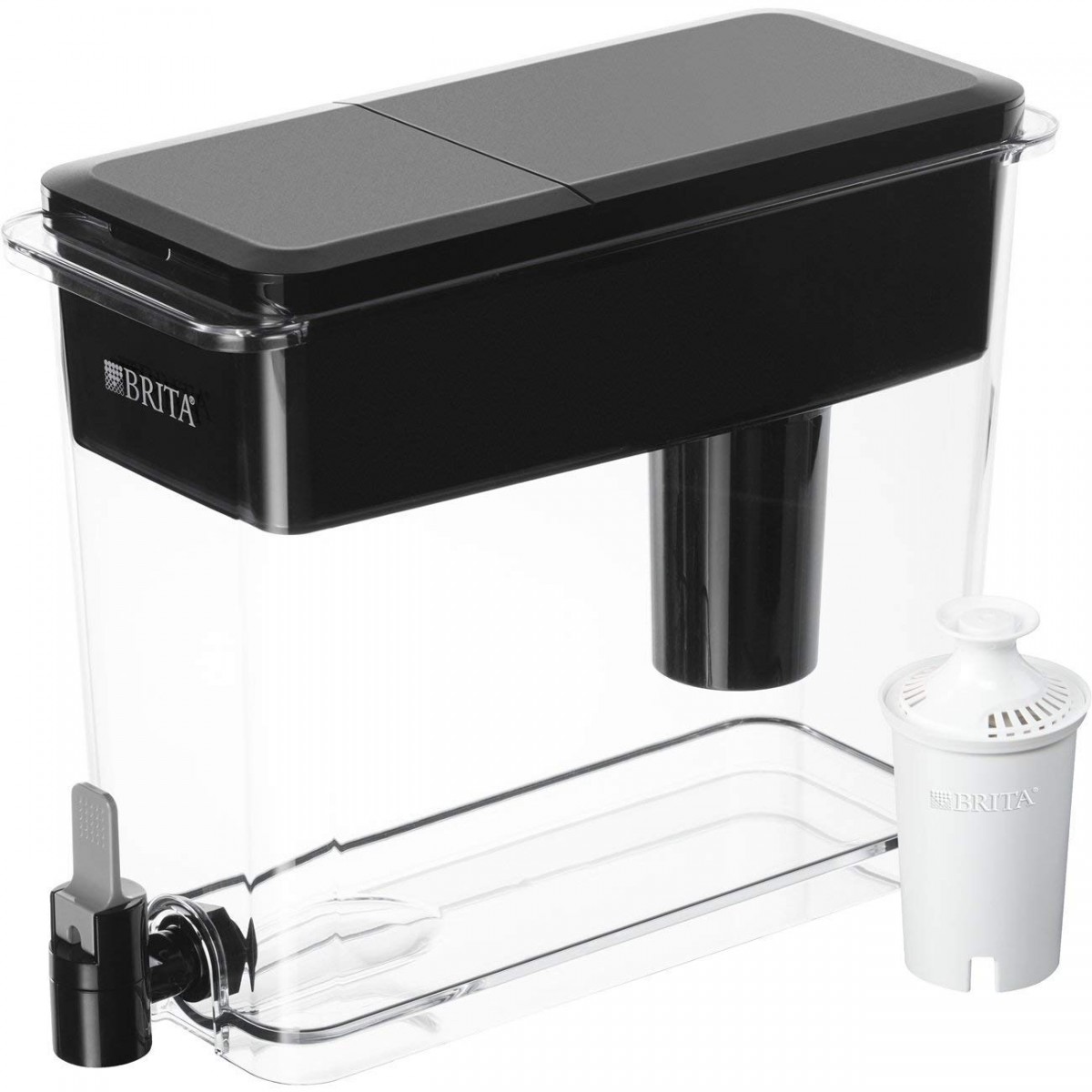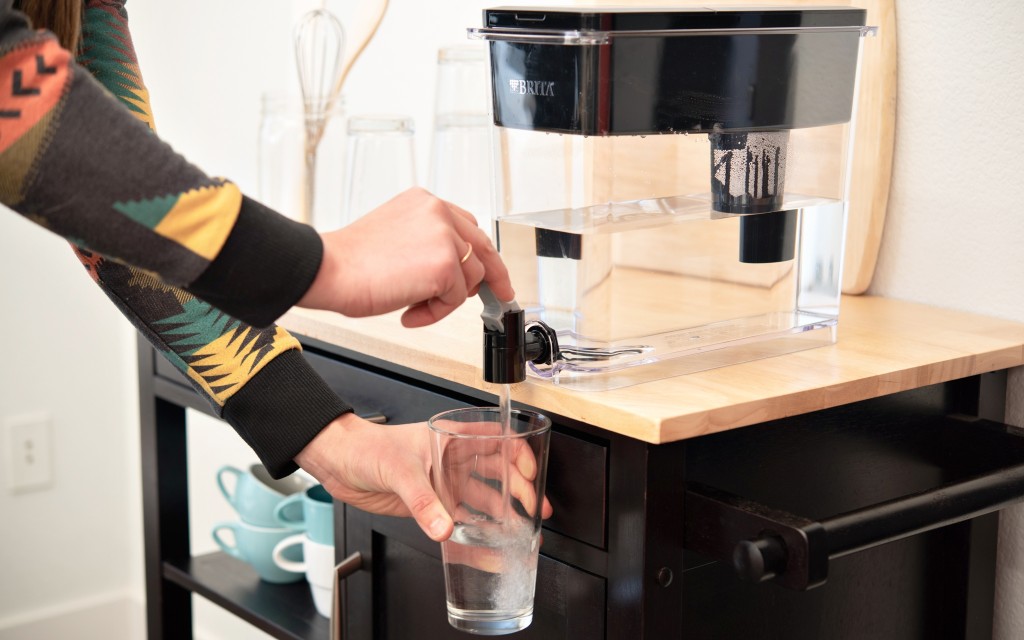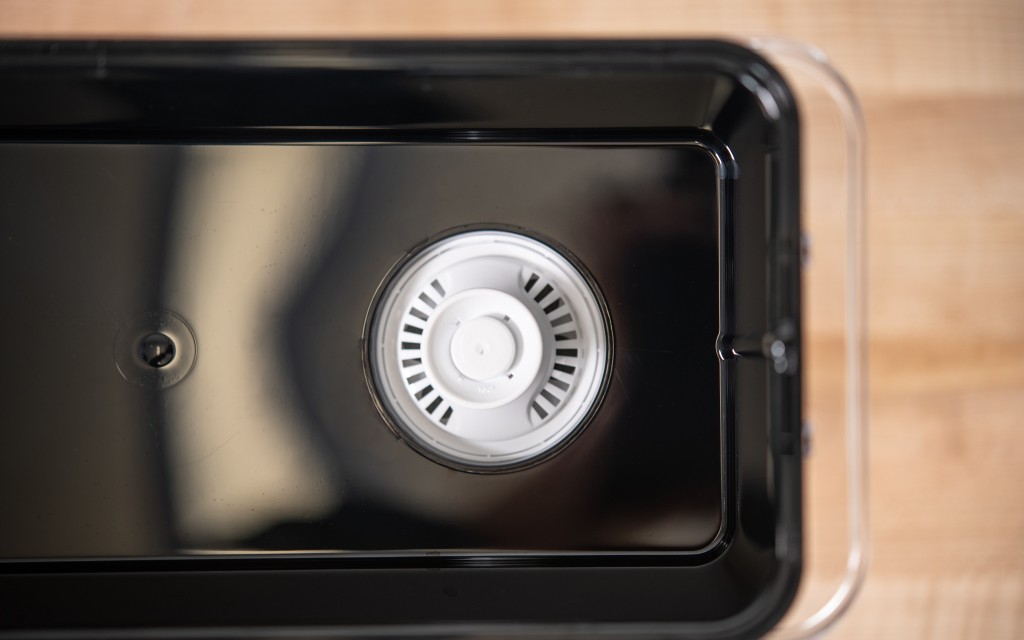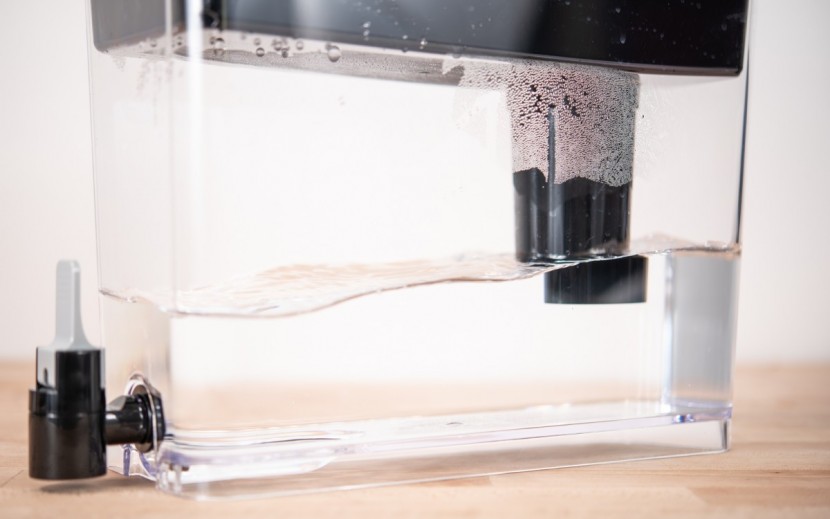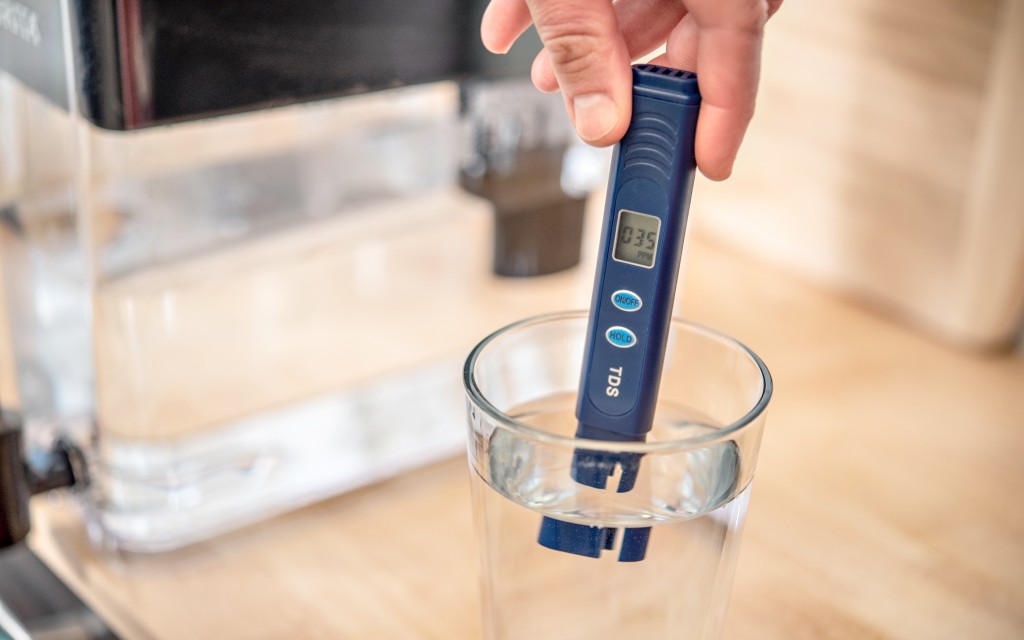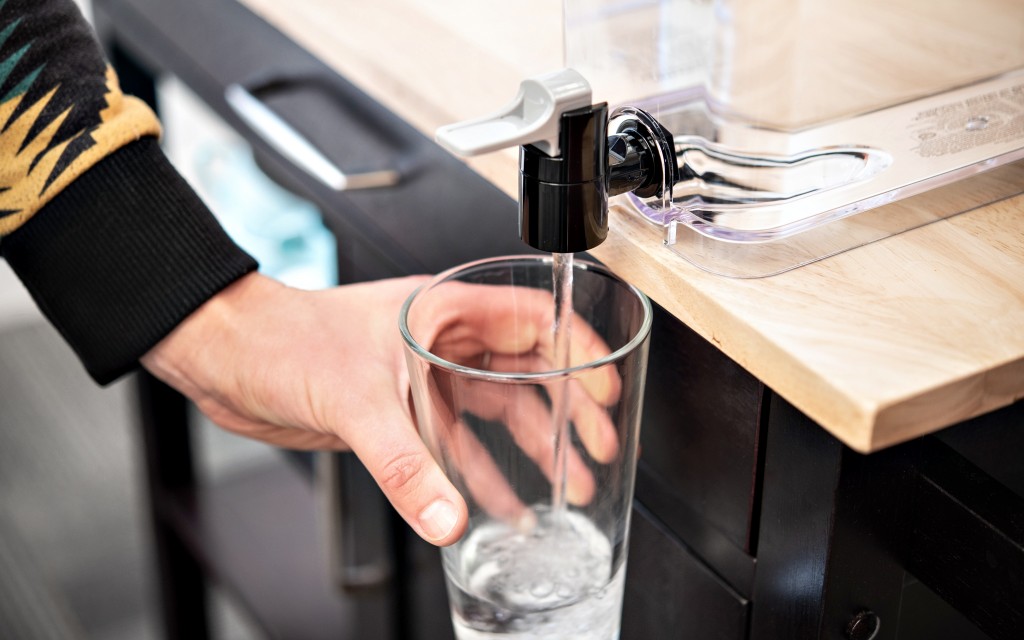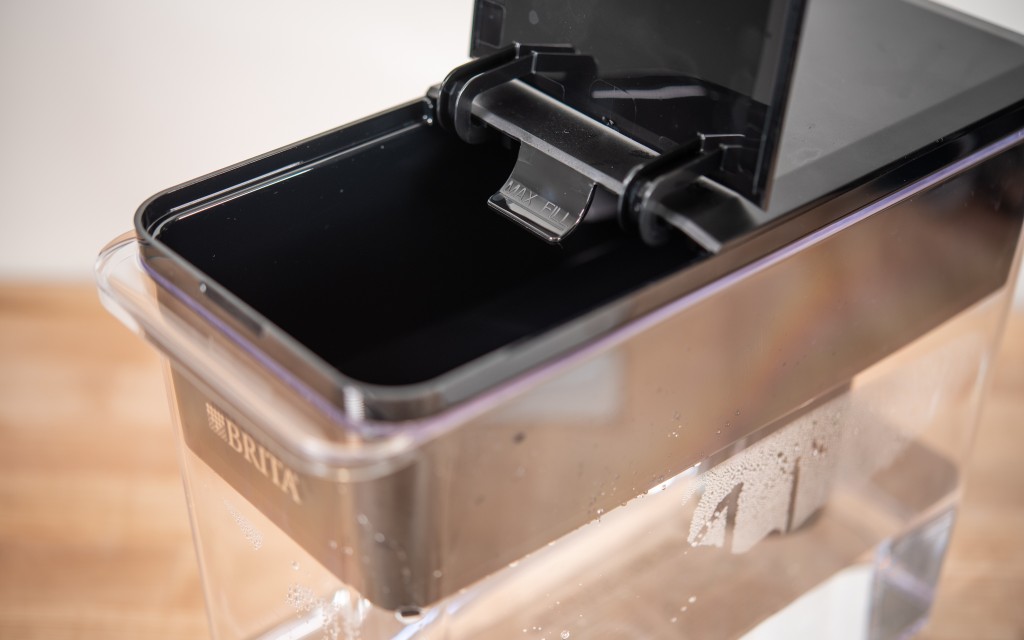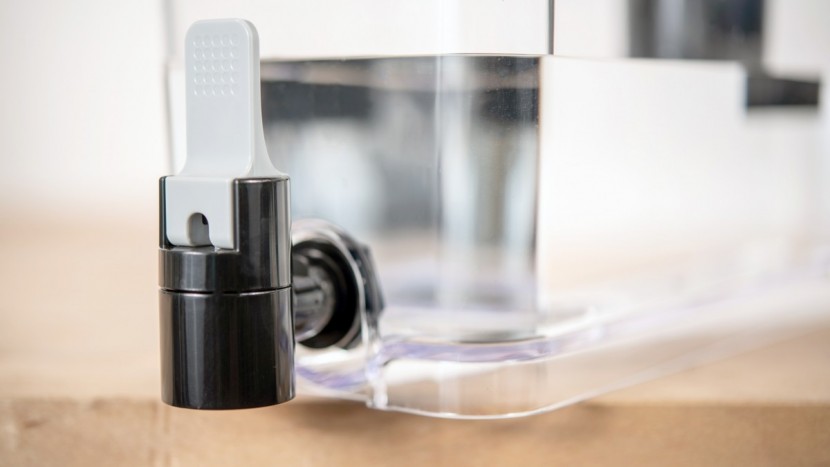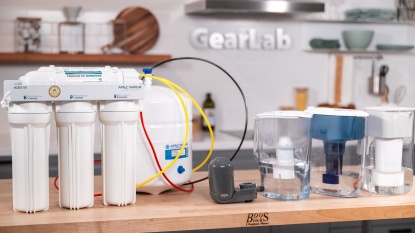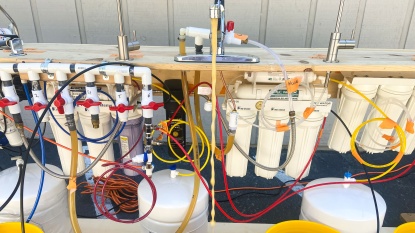Brita Ultramax Review

Our Verdict
Our Analysis and Test Results
We liked the dispenser on the Ultramax, as water keeps flowing once you open it, and you don't have to keep holding it open like you do with other models. However, we didn't think this even came close to redeeming its otherwise lackluster performance when compared to the top filters in our tests.
Lead Removal
The Ultramax removed about 83.4% of the lead from the contaminated supply but the filtered water still had lead concentrations that were significantly higher than what the EPA considers a safe level.
Chlorine Removal
The Brita Ultramax performed significantly better in this metric, earning an above-average score.
The Ultramax performed poorly with the heavily chlorinated water, as the test strip continued to max out after filtration. However, it did drop the chlorine levels to around 1 ppm with the moderately chlorinated supply.
Salt Removal
The Ultramax's performance dropped again in our salt removal test, which is equivalent in importance to lead and chlorine removal. We measured the concentration of dissolved table salt with a TDS meter before and after filtering, with the Brita Ultramax delivering one of the worst performances of the entire group.
This filter pitcher failed to remove any salt, with the concentration only dropping by approximately 4%, according to our meter.
Taste
The Brita performed a little better than average in this metric — worth 15% of the total score — compared to the rest of the group.
The Ultramax did improve the taste of the salt & chlorine water by dechlorinating it, but still left it tasting solidly salty. However, we did like that it didn't impart any negative taste to clean water.
Flow
The Brita was a little on the slower side in our tests, earning it a fairly lackluster score.
This pitcher took 34 seconds to fill up a quart container if it was already full but takes just over four minutes if you need to wait for it to filter more water.
Value
The Ultramax isn't too expensive but overall scored quite badly in our tests, so it isn't the best budget buy we have seen.
Conclusion
While we did find a few things to praise about the Brita Ultramax, it overall failed to impress. It can remove chlorine from your water but based on our tests but didn't do well with salt or lead. It's not the worst we have seen but we vastly preferred similar models that perform better at roughly the same price point.


